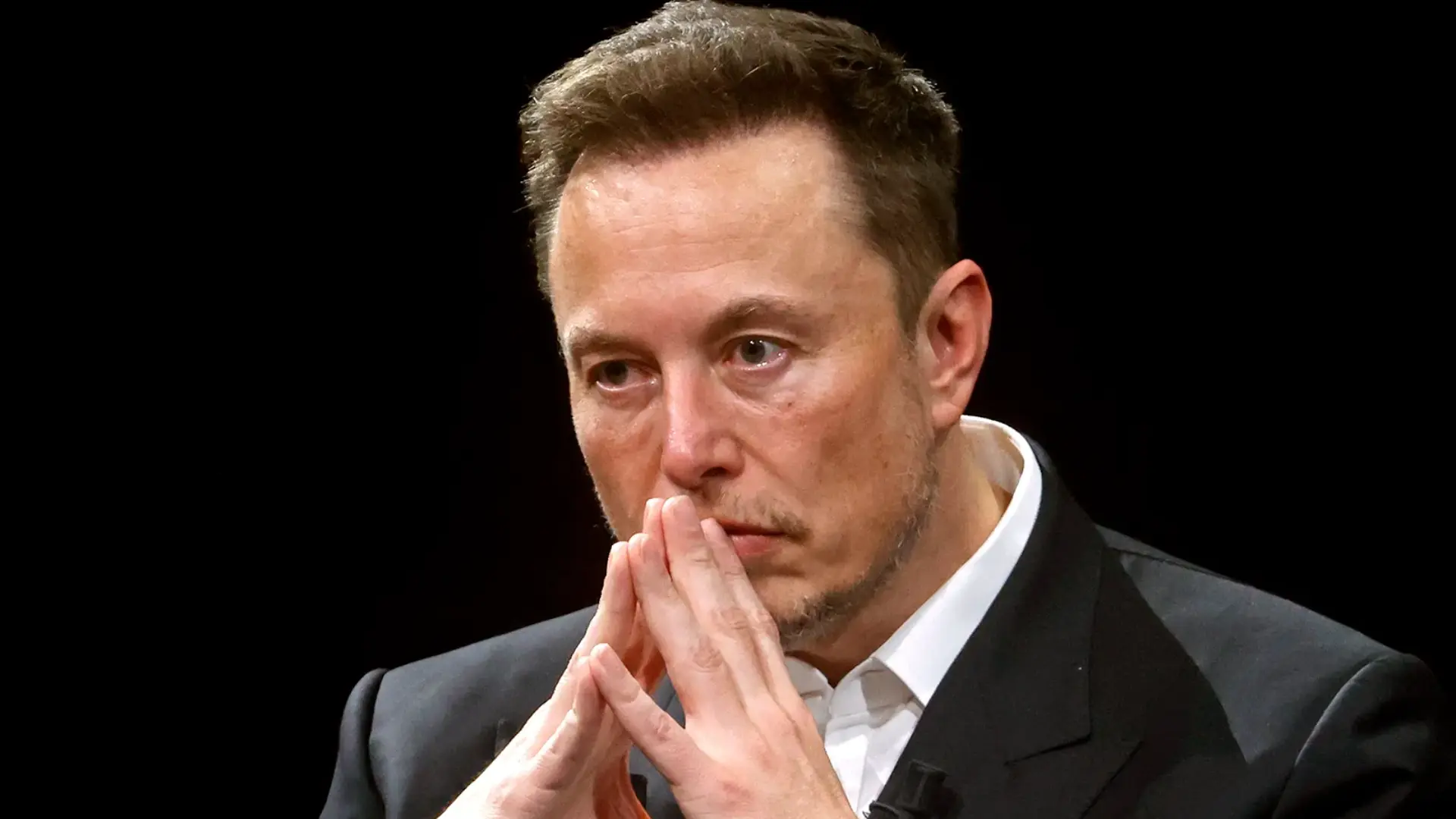After days of mounting speculation, Canadian Prime Minister Justin Trudeau announced his resignation as both the leader of the Liberal Party and the country’s Prime Minister on Monday. The long-anticipated move comes amid increasing pressure for him to step down, with Trudeau finally addressing the nation.
“Over the holidays I had time to reflect,” he said before revealing his decision. “I intend to resign as party leader, as Prime Minister after the party selects its next leader… Last night I asked the president of the Liberal Party to start that process,” Trudeau shared, adding, “he will leave office as soon as the ruling Liberal party chooses a new leader.”
Trudeau has faced mounting criticism for his handling of various issues, most notably the rising cost of food and housing. For weeks, he maintained a low profile amid growing calls for his resignation, compounded by the sudden departure of the finance minister on December 16.
The 53-year-old, once celebrated for restoring Canada’s liberal values after his 2015 election victory, has seen his popularity sharply decline in recent years. This resignation comes at a particularly difficult time for the country, as the Liberal Party is left without a leader mere months ahead of the scheduled legislative elections by the end of October.
The past months have seen Trudeau’s support erode, with his government barely surviving no-confidence votes. Despite his commitment to lead the party through the election, Trudeau has faced increasing challenges, including tensions with US President-elect Donald Trump, who proposed a 25-percent tariff on Canadian imports.
A major blow came in December when Deputy Prime Minister Chrystia Freeland resigned over disagreements related to Trump’s proposals, marking the first public opposition from within Trudeau’s cabinet. In response, Trudeau reshuffled his cabinet, replacing one-third of his team.
Trudeau’s visit to Mar-a-Lago in November aimed to quell trade disputes with Trump. Since then, Trump has criticized Trudeau on social media, referring to him as Canada’s “governor” and even suggesting Canada could become the 51st US state.
Trudeau, the firstborn son of former Prime Minister Pierre Trudeau, who passed away in 2000, entered politics after a diverse career in fields such as snowboard instruction, bartending, security, and teaching. His political journey began in 2008 when he became a Member of Parliament representing a working-class Montreal constituency.
As Prime Minister, Trudeau’s achievements included Senate reform, negotiating a US trade agreement, implementing carbon taxation to reduce emissions, legalizing cannabis, investigating the disappearances and deaths of Indigenous women, and introducing legislation for medical assistance in dying. Despite these milestones, his political career is now facing an uncertain future.


















